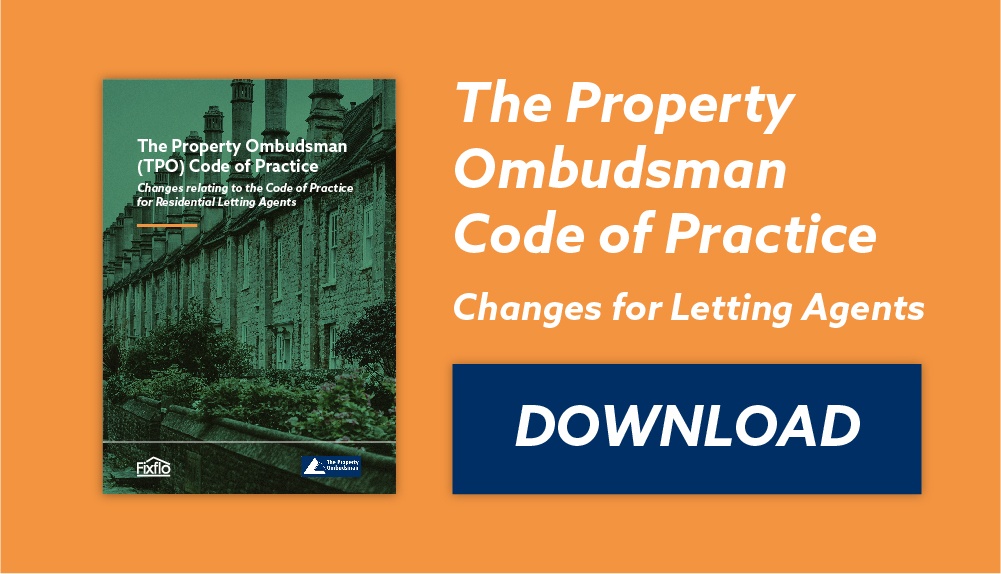Did you know that (as of 1st June 2019) you need to offer your tenant the right to be present when you access their property? Or that you now need to make a provision for non-native speakers? These are just some of the changes contained within the recent amendments to the TPO Code of Practice. And they’re changes you need to know about.;
What’s the TPO Code of Practice?
You should already be familiar with The Property Ombudsman (the impartial not-for-profit scheme, which offers independent resolution when it comes to property disputes). Born out of a need to regulate the industry and crack down on both troublesome tenants and rogue agents and landlords, the TPO allows both parties the right to redress. Their Code of Practice is the body of rules that serve as a benchmark of behaviour for lettings and estate agents. While agents cannot be forced to adhere to the Code, it’s definitely within your interests to do so – and here’s why.
Agents are legally required to be a member of a property redress scheme or face a £5,000 fine
Although there are other schemes aside from TPO available, it is by far the best known and the number of disputes it resolves has been rising steadily year on year. Members of TPO are strongly urged to adhere to the Code.
Abiding by the Code is a requirement for all ARLA Propertymark members
The UK’s largest professional and regulatory body for letting agents demands that its members follow the TPO Code of Practice. The Code has also been approved by the Chartered Trading Standards Institute (CTSI). Which means in order to display either the CTSI logo or the ARLA Propertymark (both widely acknowledged as stamps of respectability) on any of your marketing material, you need to ensure you’re abiding by the Code.
It’s there to protect you
TPO is there just as much for the landlord (and by extension the agent) as it is for the tenant. Many of its new amendments (such as the stipulation that all contractors be insured and regulated) offer landlords just as much protection as they do tenants.
It’s not enough to simply adhere to the Code of Practice, you need to stay abreast of any amendments. Any breaches of the code can lead to fines or even being expulsion from the TPO membership. And given that the Code is updated annually, there can be a lot to keep on top of. This year in particular, as referenced above, there were a number of changes over a wide range of areas. With an increased focus on communication, these amendments affect everything from the way agents handle their GDPR to placing a new onus on offering a 24-hour service.
For more details of the amendments and how to stay on top of them, download this ebook: The Property Ombudsman (TPO) Code of Practice.

BLOG DISCLAIMER
This article is intended for information purposes only and does not constitute legal advice. If you have any questions related to issues in this article, we strongly advise contacting a legal professional.
These blog posts are the work of Fixflo and are licensed under a Creative Commons Attribution-ShareAlike 3.0 Unported License. In summary, you are welcome to re-publish any of these blog posts but are asked to attribute Fixflo with an appropriate link to www.fixflo.com. Access to this blog is allowed only subject to the acceptance of these terms.


